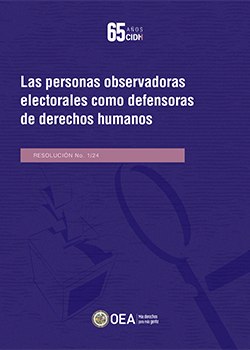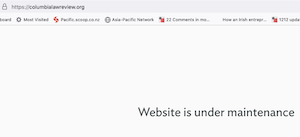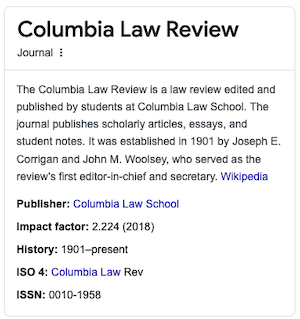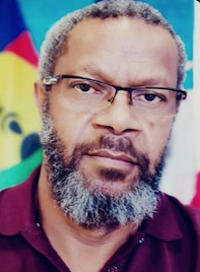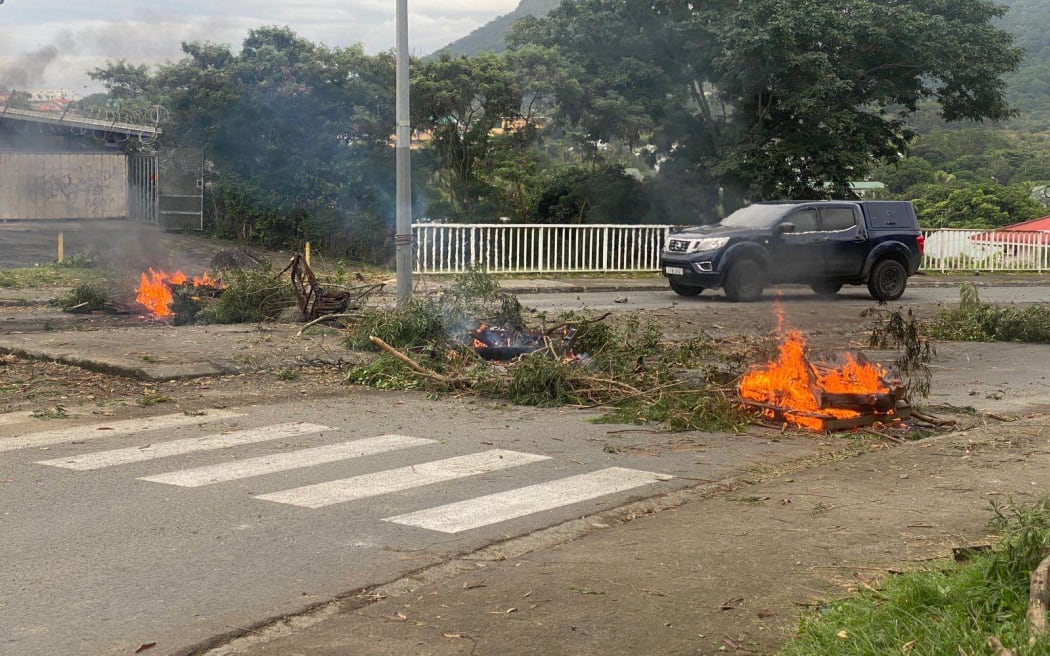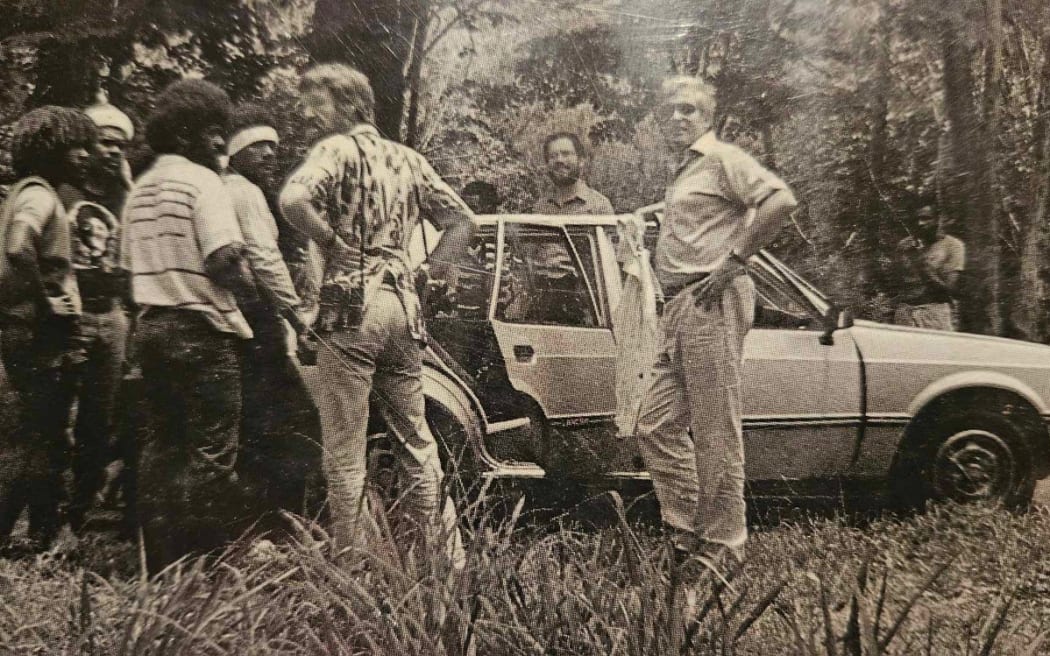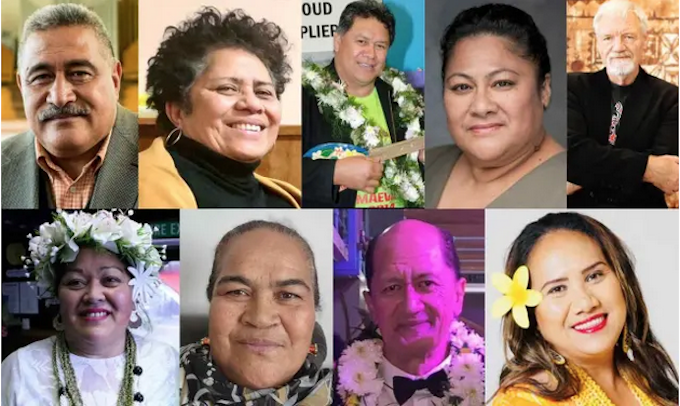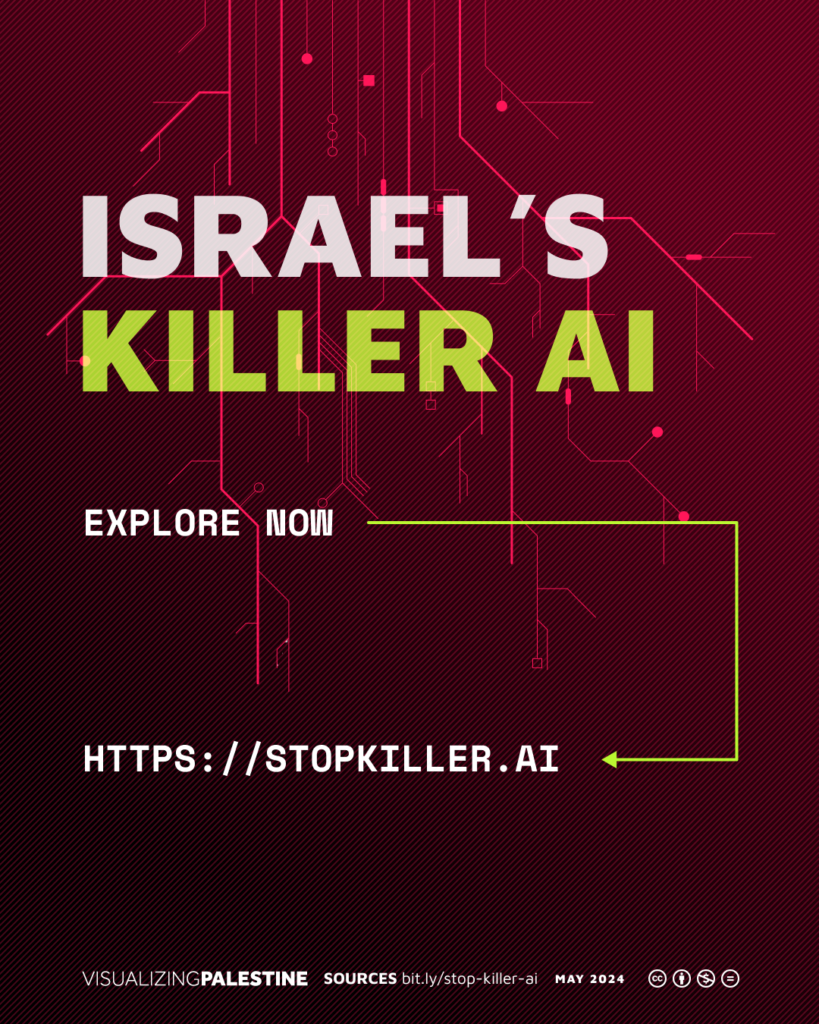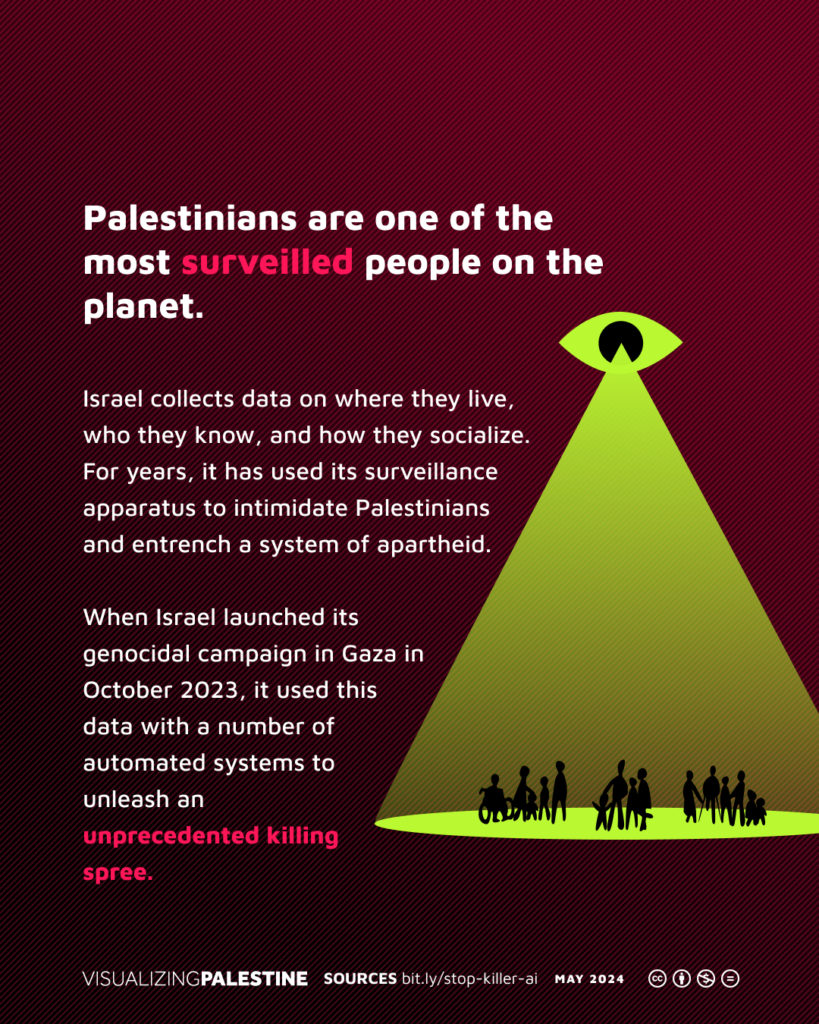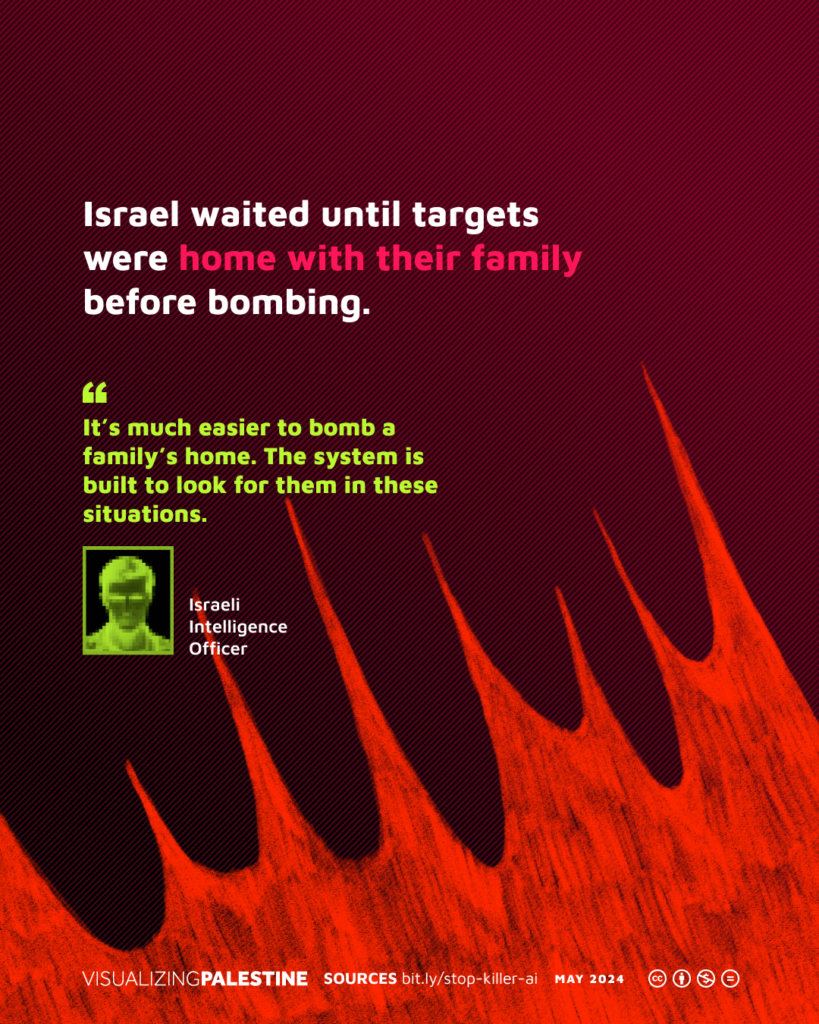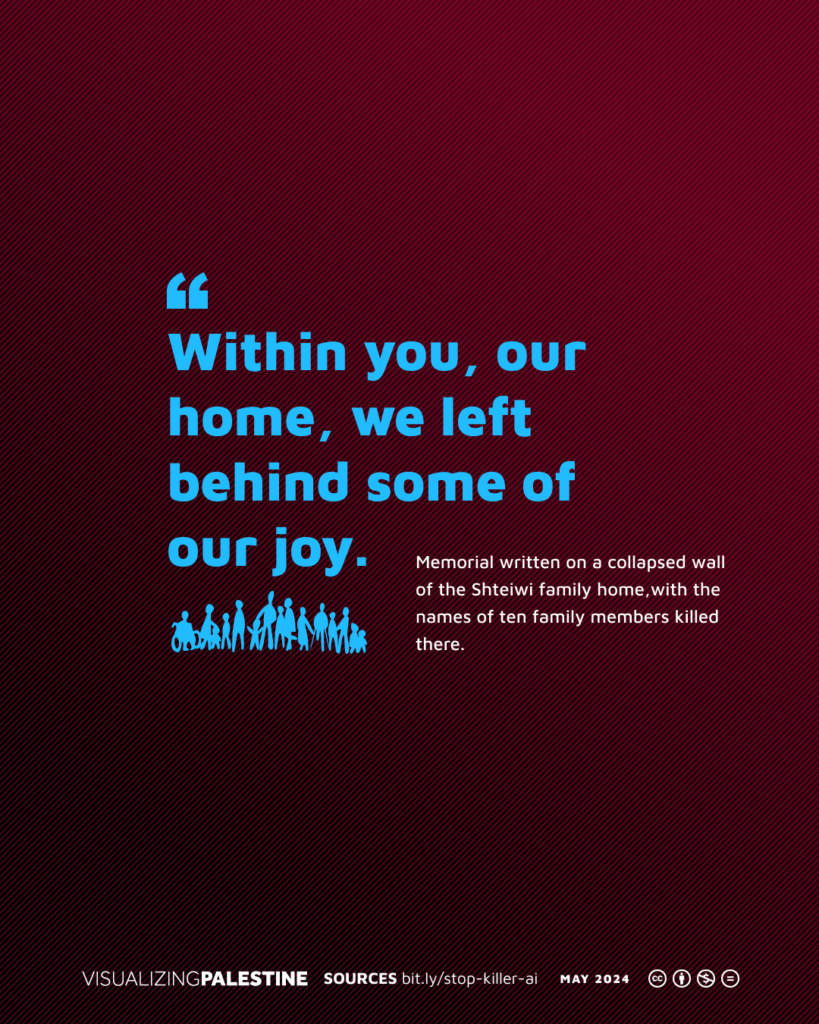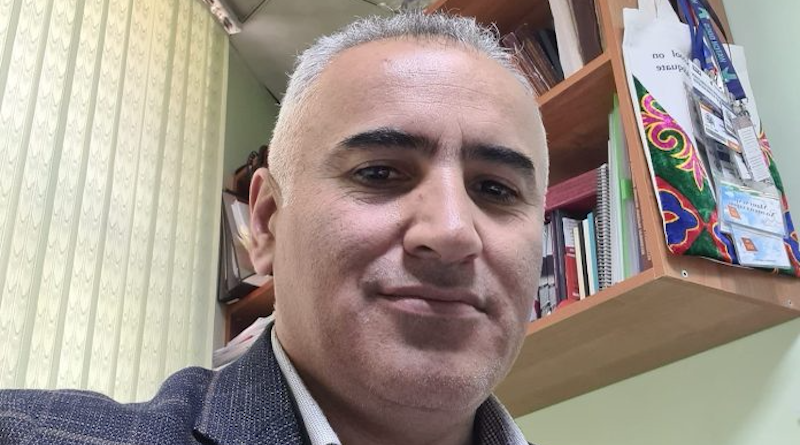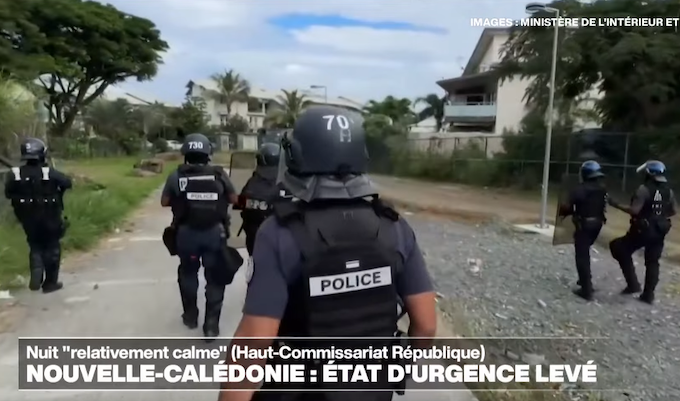
The New York Times (4/8/24) cited “experts” who called Nicaragua charging Germany with facilitating genocide “a cynical move by a totalitarian government to bolster its profile and distract attention from its own worsening record of repression.”
When Nicaragua accused Germany of aiding and abetting Israel’s genocide in Gaza at the International Court of Justice (ICJ) last month, readers of corporate media might have seriously wondered whether Nicaragua’s case had any legitimacy.
The case targeted Germany as the second biggest supplier of arms to Israel, because the US, Israel’s biggest supplier, does not accept the court’s jurisdiction on this issue. The object (as Nicaragua’s lawyer explained) was to create a precedent with wider application: that countries must take responsibility for the consequences of their arms sales to avoid them being used in breach of international law.
Many in corporate media took a more jaundiced view. The Financial Times (4/8/24) led by telling readers, “The authoritarian government of Nicaragua accused Germany of ‘facilitating genocide’ in Gaza at the opening of a politically charged case.” The second paragraph in a New York Times article (4/8/24) cited “experts” who saw it “as a cynical move by a totalitarian government to bolster its profile and distract attention from its own worsening record of repression.” The Guardian (4/9/24) qualified its comment piece by remarking that “Nicaragua is hardly a poster child when it comes to respect for human rights.”
Double standards are evident here. If the US government were to do what it has failed to do so far, and condemn Israel’s genocidal violence, Western corporate media would not remind readers of US crimes against humanity, such as the Abu Ghraib tortures, extraordinary renditions, or the hundreds imprisoned without trial at Guantánamo. It’s hard to imagine Washington would be accused of “hypocrisy” (Guardian, 4/9/24) for calling out Israel’s crimes. Any condemnation of Israel by the US or one of its Western allies would be taken at face value—in clear contrast to the media’s treatment of such action by an official enemy country like Nicaragua.
Germany ‘as its finest’

For El País (4/11/24), facilitating mass slaughter in Gaza is “Germany…at its finest,” because it it is “driven by its sense of responsibility stemming from a tragic history.”
Of establishment media, Spain’s El País (4/11/24) was perhaps the most vitriolic in its portrayal of Nicaragua. Its piece on the court case was headlined “The Worst Version of Nicaragua Against the Best Version of Germany.”
“The third international court case on the Gaza war pits a regime accused of crimes against humanity against a strong and legitimate democracy,” the piece explained. “It may be a noble cause, but its champion couldn’t be worse.”
The article, which relayed none of the evidence offered by either side, commented rather oddly that Germany was “at its finest” arguing the case, and that its “defense against Nicaragua’s charges is solid and its legitimacy as a democratic state is unassailable”—a comment presumably intended to contrast its legitimacy with “the Nicaraguan dictatorship.”
In addition to its article cited above, the New York Times (4/8/24) had a report more focused on the case itself. However, it was CNN (4/9/24) and Al Jazeera (4/8/24) that stood out as covering the case on its own merits rather than being distracted by animosity toward Nicaragua.
The negative presentation in much of the media was repeated when, later in April, they headlined that Nicaragua’s request had been “rejected” by the ICJ (e.g., AP, 4/30/24; NPR, 4/30/24), with the New York Times (4/30/24) again remembering to insert a derogatory comment about Nicaragua’s action being “hypocritical.” These followup reports largely overlooked the impact the case had on Germany’s ability to further arm Israel during its continued assault on Gaza.
Nicaraguan ‘Nazis’

The New York Times (3/2/23) ran a headline equating the Nicaraguan Sandinistas with the German Nazi Party, based on the claim that “the weaponizing of the justice system against political opponents in the way that is done in Nicaragua is exactly what the Nazi regime did.”
Corporate media had been gifted their criticisms of Nicaragua by a report published at the end of February by the UN Human Rights Council. A “group of human rights experts on Nicaragua” (the “GHREN”) had produced its second report on the country. Its first, last year, had accused Nicaragua’s government of crimes against humanity, leading to this eyebrow-raising New York Times headline (3/2/23): “Nicaragua’s ‘Nazis’: Stunned Investigators Cite Hitler’s Germany.”
The GHREN’s leader, German lawyer Jan-Michael Simon, had indeed likened the current Sandinista government to the Nazis. Times reporter Frances Robles quoted Simon:
“The weaponizing of the justice system against political opponents in the way that is done in Nicaragua is exactly what the Nazi regime did,” Jan-Michael Simon, who led the team of UN-appointed criminal justice experts, said in an interview.
“People massively stripped of their nationality and being expelled out of the country: This is exactly what the Nazis did too,” he added.
It’s quite an accusation, given that the Nazis established over 44,000 incarceration camps of various types and killed some 17 million people. Robles gave few numbers regarding the crimes Nicaragua is accused of, but did mention 40 extrajudicial killings in 2018 attributed to state and allied actors, and noted that the Ortega government had in 2023 “stripped the citizenship from 300 Nicaraguans who a judge called ‘traitors to the homeland.’”
Robles also quoted Juan Sebastián Chamorro, a member of the Nicaraguan oligarchic family who are among the Sandinista government’s fiercest opponents; Chamorro claimed there was evidence of “more than 350 people who were assassinated.” Even if true, this would seem to be a serious stretch from “exactly what the Nazis did.”
Like most Western reporters, Robles—who also wrote the recent ICJ piece for the Times—gave no attention to the criticisms of the GHREN’s work by human rights specialists, who argued that the GHREN did not examine all the evidence made available to it and interviewed only opposition sources. For example, former UN independent expert Alfred de Zayas castigated its first report in his book The Human Rights Industry, calling it a “political pamphlet” intended to destabilize Nicaragua’s government.
Even if one takes the GHREN account at face value, the Gaza genocide is at least 100 times worse in terms of numbers of fatalities, quite apart from other horrendous elements, such as deliberate starvation, indiscriminate bombing, destruction of hospitals and much more. It’s unclear why the accusations against Nicaragua should delegitimize the case against Germany.
Hague history

In 1986, the New York Times (6/28/86) reported that the ICJ found the US guilty of ”training, arming, equipping, financing and supplying the contra forces,” and of “direct attacks on Nicaraguan oil installations, ports and shipping.”
Many media reports did mention Nicaragua’s long history of support for Palestine—which undermines the accusation of cynicism underlying the case—but few noted the Latin American country’s history of success at the Hague. As Carlos Argüello, the Nicaraguan ambassador to the Netherlands who took the lead at the ICJ, pointed out, Nicaragua has more experience at the Hague than most countries, including Germany. This began with its pioneer case against the US in 1984, when it won compensation of £17 billion (that was never paid) for the damage done to Nicaragua by the US-funded Contra war and the mining of its ports.
One notable exception to that historical erasure came from Robles at the Times (4/8/24), who did refer to the 1984 case. But the point was clearly not to remind readers of US crimes, or to demonstrate that Nicaragua is an actor to be taken seriously in the realm of international law. The two academics she quoted both served to portray the current case as merely “cynical.”
The first, Mateo Jarquín, Robles quoted as saying that the Sandinista government has “a long track record…of using global bodies like the ICJ to carve out space for itself internationally—to build legitimacy and resist diplomatic isolation.” Robles didn’t disclose Jarquín’s second surname, Chamorro. Like her source in the earlier article, he is a member of the family that includes several government opponents.
Robles also quoted Manuel Orozco, a former Nicaraguan working at the Washington-based Inter-American Dialogue, whose major funders include the US Agency for International Development and the International Republican Institute, notorious for their role in promoting regime change, including in Nicaragua. Orozco told Robles that “Nicaragua lacks the moral and political authority to speak or advocate for human rights, much less on matters of genocide.”
‘Effectively siding with Germany’

AP (4/30/24) missed the significance of the ICJ holding that, “at present, the circumstances are not such as to require” an order forbidding Germany to ship weapons to Israel—namely, that Germany maintained that it already halted shipments of such weapons (Verfassungblog, 5/2/24).
On April 30, the ICJ declined to grant Nicaragua its requested provisional measures against Germany, including requiring the cessation of arms deliveries to Israel. Headlining this outcome, the Associated Press (4/30/24) said the court was “effectively siding with Germany.” The outlet did, however, continue by explaining that the court had “declined to throw out the case altogether, as Germany had requested,” and will hear arguments from both sides, with a resolution not likely to come for years.
That was better than NPR‘s report (4/30/24), which only mentioned that the court was proceeding with the case in its final paragraph.
But German lawyer and professor Stefan Talmon (Verfassungblog, 5/2/24), clarified that the court’s ruling “severely limits Germany’s ability to transfer arms to Israel.”
“The court’s order was widely interpreted as a victory for Germany,” Talmon commented. “A closer examination of the order, however, points to the opposite.” He concluded that although the ICJ did not generally ban the provision of arms to Israel, it did impose significant restrictions on it by emphasizing Germany’s obligation to “avoid the risk that such arms might be used to violate the [Genocide and Geneva] Conventions.”
And Talmon pointed out that the court appeared to make its decision that an order to halt war weapons shipments was unnecessary based on Germany’s claim that it had already stopped doing so.
“By expressly emphasizing that, ‘at present’, circumstances did not require the indication of provisional measures, the Court made it clear that it could indicate such measures in the future,” Talmon wrote.
Establishment media, seemingly distracted by the “hypocrisy” of Nicaragua challenging a country whose “legitimacy as a democratic state is unassailable,” mostly failed to notice that its legal efforts were therefore at least partially successful: It forced Germany to back down from its unstinting support for Israel’s genocide in Gaza, and alerted German politicians to the fact that they are at risk of being held accountable under international law if they transfer any further war weapons.
This content originally appeared on FAIR and was authored by John Perry.
This post was originally published on Radio Free.
